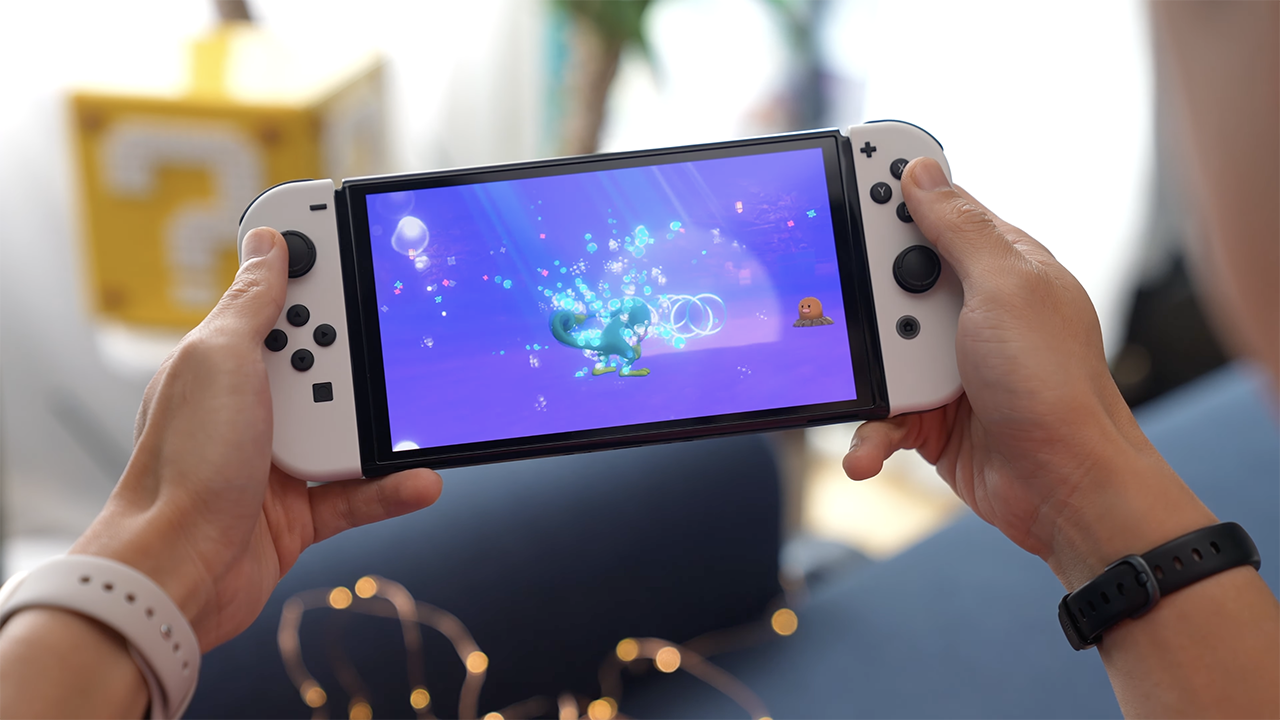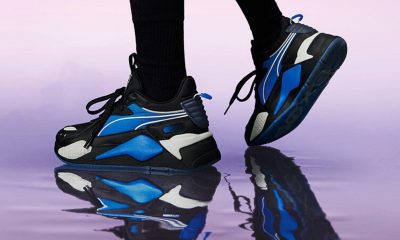Enterprise
Nintendo faces allegations of sexual misconduct
Company is investigating

Working at Nintendo must be a dream for every child from the 90s. However, besides the naturally steep point of entry for prospective workers in gaming, everyone has to reckon with a pervasive problem plaguing the industry: It’s just not inclusive. Like other developers, Nintendo is investigating a flurry of sexual misconduct allegations coming to light recently.
A ‘frat house’
Earlier this week, Kotaku brought a series of cases to light straight from past Nintendo of America employees. One tester, whom the report names as Hannah, reveals a litany of inappropriate sexually charged comments. While some are focused externally, like discussing which Pokémon is the best to have sex with, some comments are more targeted, like saying that it’s “a shame” that Hannah is a lesbian.
Unfortunately, the problems for women in the company only start there. Other female workers have reported cases of stalking and unwanted sexual advances, including being asked what color their panties were during company events. One called the environment a “frat house” filled with men. Pay is likewise unequal, favoring more compensation towards men than women.
Reporting inappropriate conduct isn’t welcome, either. Workers have said that they were further mistreated after they spoke to higher-ups about their issues. Perpetrators have also threatened to have their victims fired if the latter reported it. Others have also been called “overly sensitive” if they said anything against the company.
Now, Nintendo of America isn’t the only one at fault. The company outsources a chunk of its workers, including the ones reporting the issues, from a contracting company called Aerotek, which has rebranded into Aston Carter. Nintendo and Carter are currently being investigated by the National Labor Relations Board for harassment.
What they’re doing
For their part, Nintendo of America President Doug Bowser (also via Kotaku) has stated that the company is internally investigating the claims. Previous, Nintendo has come out in support for those who reported the same type of misconduct in other companies like Activision Blizzard and Ubisoft. The entire industry is now in a reckoning.

For the longest time, Google kept Pixel and Android behind two different teams. While the Pixel team dealt with devices made by and for the brand, the Android team ships a product meant for brands outside of the company’s purview. However, the days of separation are at an end. Google is officially merging its Pixel and Android teams together.
In a shocking announcement, the company has confirmed that the teams handling hardware and software will fall under a single team headed by Rick Osterloh. Prior to the merge, Osterloh was the senior vice president of devices and service, which was Google’s hardware branch. He will now oversee both hardware and software.
Because of the new leadership change, Hiroshi Lockheimer, former head of Android, will now move on to other projects within Alphabet. Of note, the change is not harsh for Lockheimer. He and Osterloh had been contemplating on the merge for a while.
Now, why the change? As is the case with everything today, it’s all because of AI. Speaking to The Verge, Osterloh explains that the merge will help with “full-stack innovation.” With how technology is these days, it’s now impossible to develop AI without having a close eye on hardware, such as in Google’s AI developments for the Pixel camera. Merging the teams will help streamline development, especially when hardware is involved.
Despite the change, outside brands, like Qualcomm’s Cristiano Amon, remains confident of Android’s capabilities outside of Google. Just expect more AI coming out in the near future.

The ongoing trade war between the United States and China is putting a lot of companies out of business in one country. While all eyes are currently on America’s crusade against TikTok, China has launched a salvo of its own. The country has started banning AMD and Intel, starting with government devices.
Recently, as reported by the Financial Times, China has introduced a new rule that bans American chipsets and servers from government agencies. The new ban includes AMD, Intel, and Microsoft Windows.
In lieu of the now-banned brands, Chinese government agencies must use approved brands from a list of 18 Chinese manufacturers. Unsurprisingly, the list includes Huawei, another brand involved in the ongoing trade war. (Huawei is still banned on American soil.)
As with bans from America, China’s latest rules stem from a desire to implement national security. Both countries allege that using brands from the opposing side will open a potential avenue for transferring classified information.
Currently, the ban against the American chipsets are only affecting government devices. However, if it follows the same trajectory as Huawei and TikTok in the United States, a government-only ban might soon lead to an all-out ban on consumer devices. As TikTok is currently hanging in the balance, it’s unlikely that the trade wars will cool down anytime soon.

So far, Apple’s greatest enemy has been the European Union. Months and months of claiming that the company engages in anti-competitive practices, the region has successfully caused Apple to drastically change a lot of things about the iPhone including the Lightning cable. Now, a new challenger wants Apple to answer for its supposed grip on the industry: the United States government.
Today, the Department of Justice is officially suing Apple for supposedly monopolizing the smartphone industry and stifling competition. The lawsuit alleges that Apple’s lineup of products prevent users from trying out other brands. For example, Apple limits how well a third-party smartwatch works on an iPhone, pushing users to go for an Apple Watch instead.
The lawsuit also includes an important pain point in Apple’s fight in Europe. It says that the company makes it difficult for iPhone users to communicate with Android users (and vice versa). Late last year, the company already committed to supporting RCS as a messaging standard, finally easing communication between the two systems. Their adoption has yet to arrive, though.
Though not as stringent as Europe, the American government is no slouch when it comes to questioning its own companies for pursuing anti-competitive practices. In the past, it went through Google and Spotify to protect the interests of its citizens. The lawsuit against Apple is no different, gathering signatures from sixteen states.
For Apple’s part, the company aims to get the case dismissed, alleging the lawsuit’s unfair scope of just the American people when it targets the entire world.
SEE ALSO: Apple opens first Developer Center in Southeast Asia
-

 Events2 weeks ago
Events2 weeks agoStellar Blade: PlayStation taps cosplayers to play Eve for game’s launch
-

 Features1 week ago
Features1 week agoFortify your home office or business setup with these devices
-

 Accessories2 weeks ago
Accessories2 weeks agoLogitech unveils G Pro X 60 gaming keyboard: Price, details
-

 Reviews1 week ago
Reviews1 week agorealme 12+ 5G review: One month later
-

 Deals2 weeks ago
Deals2 weeks agoTCL P635 TV: Big savings for TCL’s anniversary
-

 Gaming1 week ago
Gaming1 week agoNew PUMA collection lets you wear PlayStation’s iconic symbols
-

 Accessories1 week ago
Accessories1 week agoMarshall Major V: Reasons Why I Love It
-

 Gaming1 week ago
Gaming1 week agoMore PlayStation 5 Pro specs have been leaked



























